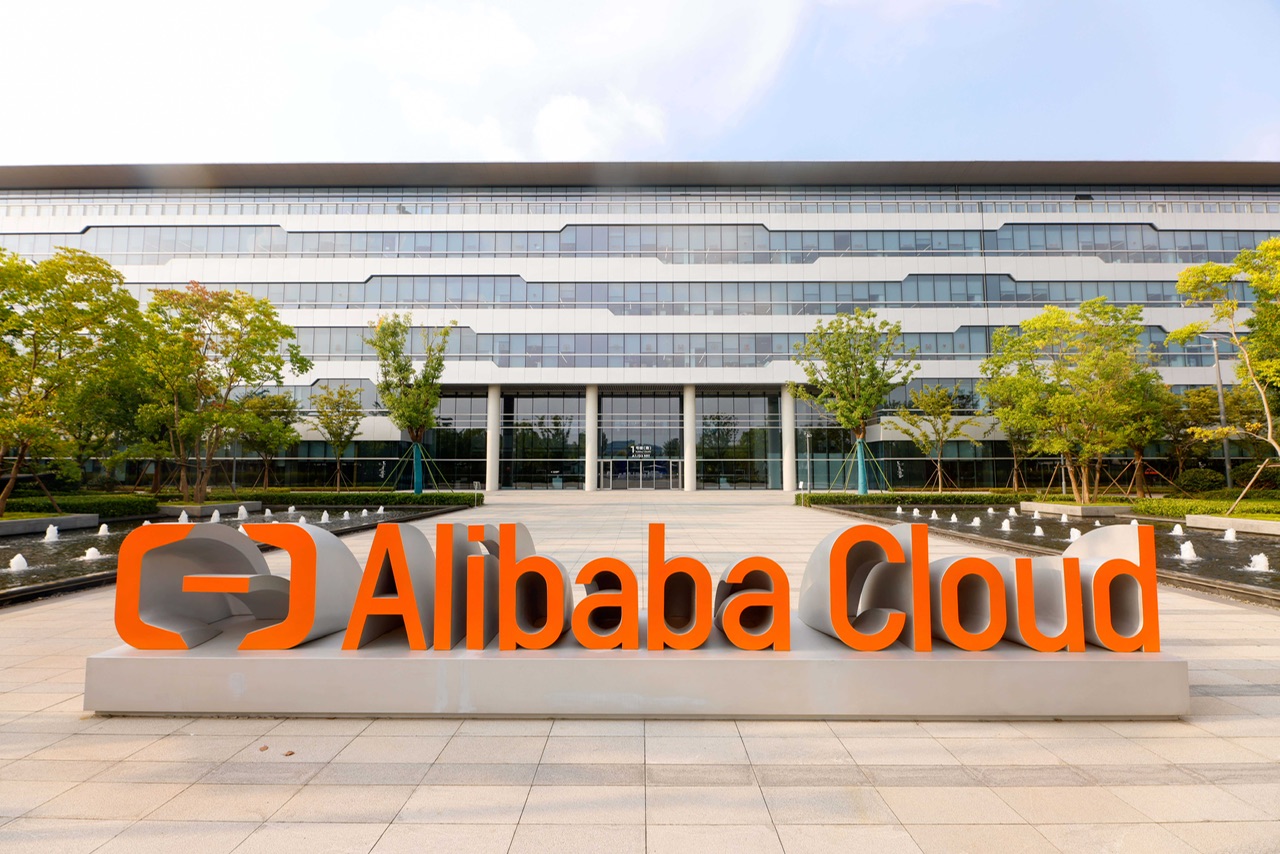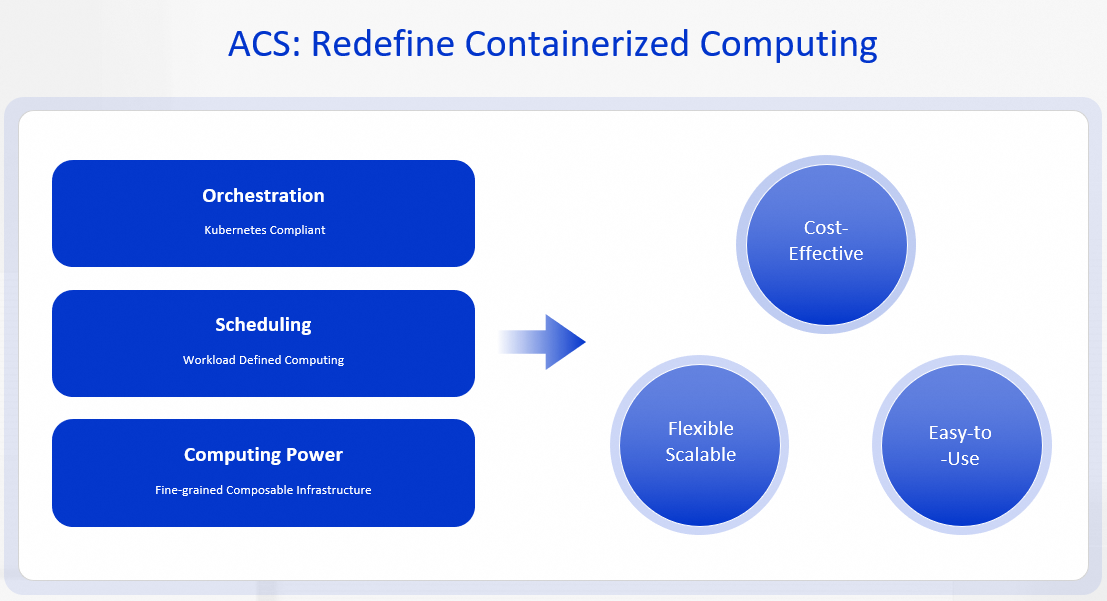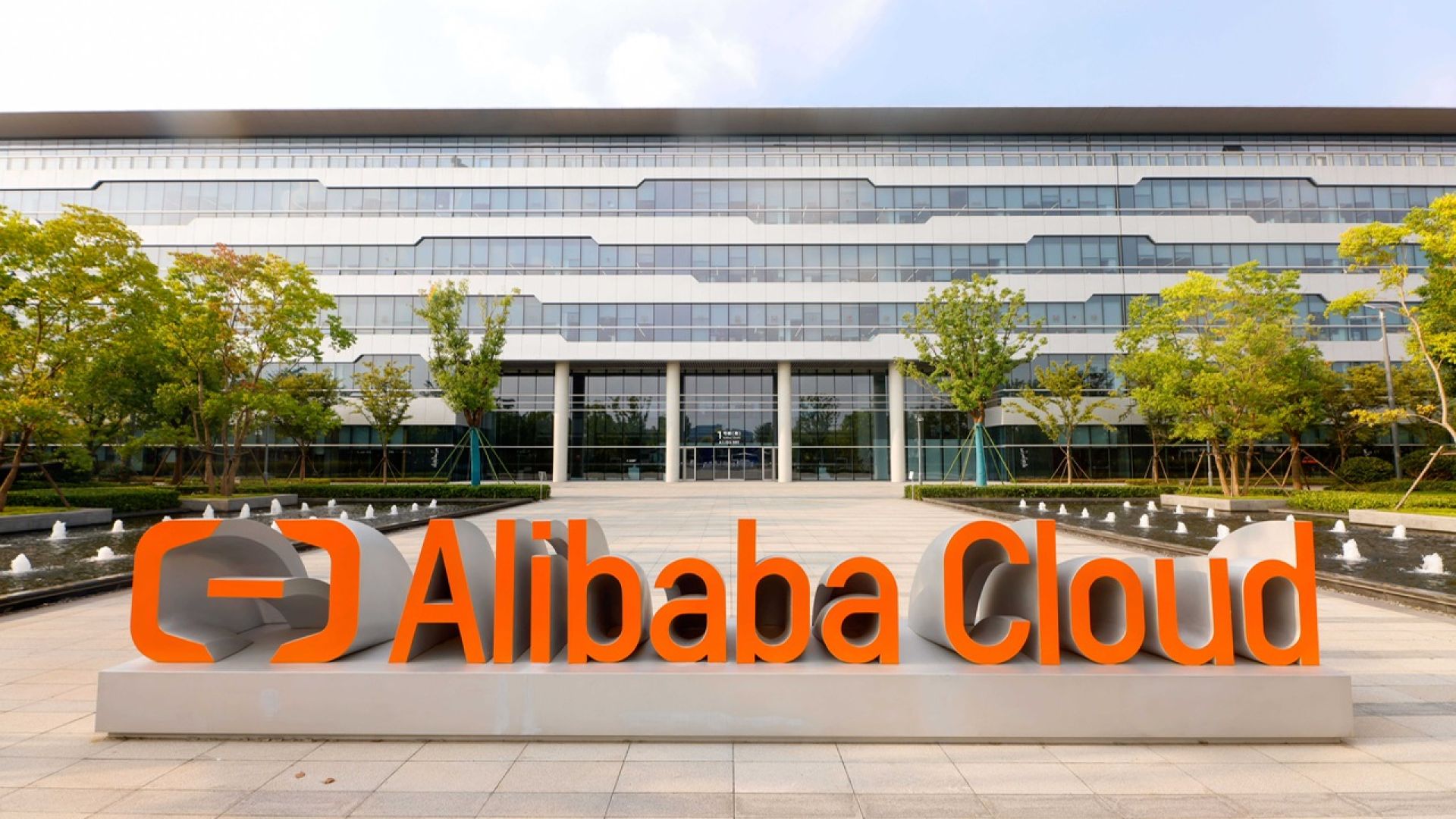Industry-leading cloud-native container service allows scale on-demand to optimize resources while reducing overall computing costs by up to 55%
Alibaba Cloud, the digital technology and intelligence backbone of Alibaba Group, recently announced the international debut of its innovative Alibaba Cloud Container Compute Service (ACS), designed to simplify and optimize workload deployment using container technology. ACS will be available for international customers starting from January 2025.

ACS, which uses Kubernetes as its interface, offers a serverless container service that provides compute resources compliant with container standards. This new product eliminates the need for users to manage underlying nodes and clusters, significantly reducing costs and technical barriers associated with container deployment. It also allows customers to pay-as-you-go, helping them avoid over allocated, and scale on demand, enabling the optimization of costs during periods of high and low usage.
“As the deployment of workloads on container technology becomes increasingly prevalent, we developed a more accessible solution that would anticipate the evolving needs of our customers,” said Jiangwei Jiang, General Manager of Infrastructure Products, Alibaba Cloud. “ACS represents a big step forward in how businesses can utilize container technology, offering cost-efficiency and ease of use to support businesses unleashing productivity.”
Container technology, a form of virtualization that bundles programs with everything they need to run, makes it easy to deploy applications consistently across different hardware and systems. The benefits in terms of efficiency and resource optimization have made containers a mainstream development method.
According to Gartner, the container management market has experienced over 20% growth in the past year, with projections indicating a market value of US$4.5 billion by 2028. Gartner also predicts that by 2027, more than 75% of all AI deployments will utilize container technology as the underlying compute environment.
Addressing challenges in container adoption
ACS is designed to overcome the complexities associated with Kubernetes configuration, resource management, and on-demand elasticity. By integrating containers and resources based on Alibaba Cloud’s Shenlong architecture to allow maximum scaling of computing resources, ACS offers a solution capable of reducing computing power costs by up to 55%.
“ACS has transformed the container orchestration service into a comprehensive computing product. Users benefit by paying only for the compute capacity that they use,” Jiang added.
This product is fully compatible with Kubernetes technologies and supports seamless migration to the cloud for both open-source ecosystems as well as self-developed products. This is notable in that users can continue using familiar Kubernetes management methods and file formats. There is also no need to pre-purchase nodes so users can simply declare their workload requirements and ACS will match them with the necessary underlying compute resources. This minimizes the demand for additional costs and human resources in infrastructure maintenance.
Proven technology recognized by customer and industry

Alibaba Cloud Container Service supports different architectures and can be deployed in multiple cloud environment including public cloud, private cloud and hybrid cloud. Currently, Alibaba Cloud Container Service has been applied across a wide range of industries.
Moka, a leading HR management SaaS company in China, has already experienced significant benefits from implementing ACS. The maintenance-free nature of ACS clusters has allowed Moka to focus on core business priorities rather than infrastructure management. Additionally, the on-demand scaling and pay-per-use model has given Moka needed flexibility, especially during peak recruitment seasons.
Recently, Alibaba Cloud has been named a Leader in the 2024 Gartner® Magic Quadrant™ for Container Management for the second consecutive year. The company’s broad product portfolio, offering solutions for both hybrid cloud and edge scenarios, saturation across the Alibaba Group ecosystem, and market leadership in China all contributed to this important recognition.




